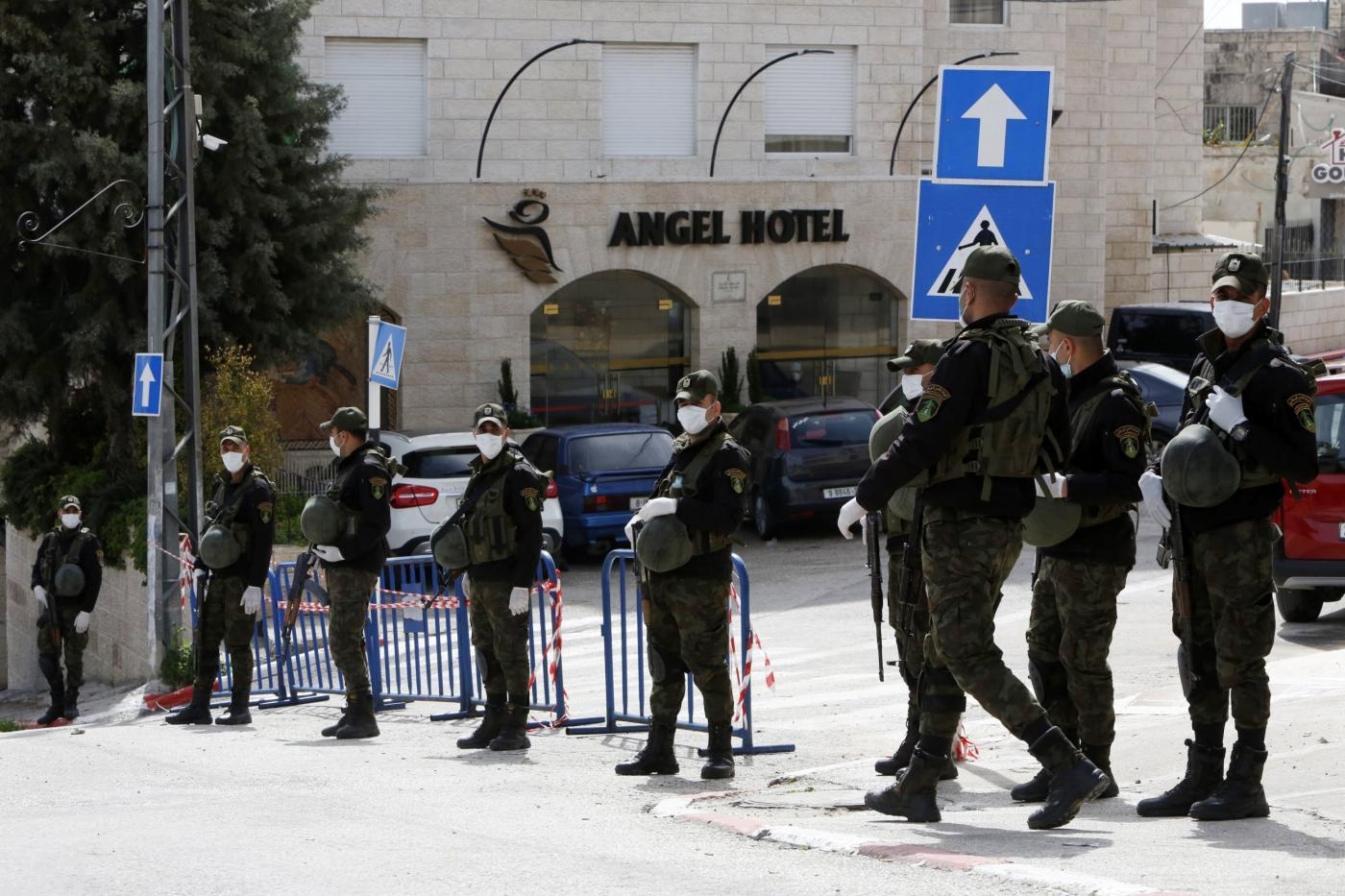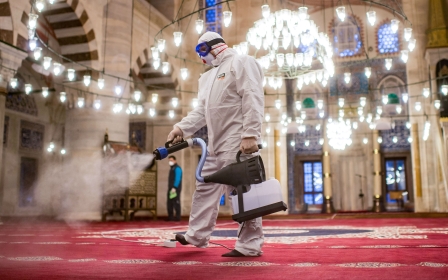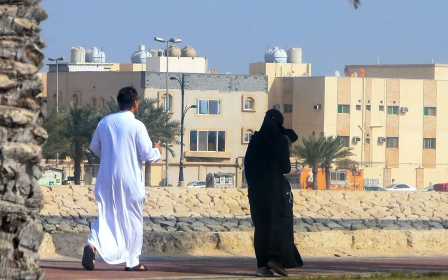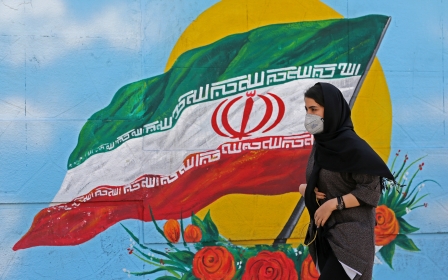Coronavirus in the Middle East and North Africa: What is the latest?

The coronavirus continues to spread across the Middle East and North Africa as the number of new cases in the region surpassed 11,000 people on Thursday.
The outbreak of the disease - officially known as COVID-19 - was labelled a pandemic by the World Health Organisation (WHO) on Wednesday, as the worldwide death toll from the virus continues to grow. Total cases have surpassed 135,000 across 127 countries.
A pandemic is a disease that is spreading in multiple countries around the world at the same time. The global daily death toll rose from 102 on 5 March to 354 a week later on Thursday 12 March.
Nearly every single country in the MENA region, except Libya, Mauritania, Sudan, Syria and Yemen, have confirmed cases of the new coronavirus.
Here's a breakdown of what we know so far and how countries across the region have reacted to the coronavirus.
New MEE newsletter: Jerusalem Dispatch
Sign up to get the latest insights and analysis on Israel-Palestine, alongside Turkey Unpacked and other MEE newsletters
Which country has the most confirmed coronavirus cases?
Iran continues to be the epicentre for the new COVID-19 coronavirus in the Middle East and North Africa, with the vast majority of cases in the region.
The Iranian health ministry confirmed on Thursday it had recorded a thousand new patients in one day, taking the total number to 10,075 cases with 429 people who had died from the disease.
Since the outbreak, Iran has closed down schools and universities for a month and suspended all IranAir flights to Europe until further notice.
Tehran has also requested $5bn from the International Monetary Fund for the first time in 60 years to help with the coronavirus outbreak and urged the UN to call on the US to ease up on sanctions.
Qatar, meanwhile, saw an increase of more than 238 cases in one day on Wednesday while Bahrain reported 77 new coronavirus cases from Iran.
School closures and travel bans
The vast majority of countries in the region, including Algeria, Bahrain, Iran, Israel, Jordan, Kuwait, Saudi Arabia, Turkey and the United Arab Emirates, have closed schools and universities to stop the spread of the coronavirus, while Egypt on Thursday decided to close only one school in the whole country.
Israeli Prime Minister Benjamin Netanyahu said every citizen entering the country would be ordered to quarantine themselves for two weeks.
Saudi Arabia closed off its eastern province of Qatif - the epicentre for the coronavirus in the Gulf kingdom - and home to the majority of the country's Shia population.
Kuwait took the unprecedented step of suspending all commercial flights until further notice, with other countries imposing bans on citizens travelling to specific countries.
Critics, however, questioned the rationale behind Qatar's travel ban after it included countries which had reported less than 50 cases and a major source of their workforce, but had not included Italy - the epicentre for the coronavirus in Europe.
Restrictions on religious practice
Saudi Arabia extended its ban on Umrah pilgrimage to its citizens and imposed a series of measures to protect the holy mosques in Mecca and Medina.
Key measures introduced by Riyadh include closing off sections of the Grand Mosque in Mecca and building a barrier to stop worshippers touching the Kabah.
Religious authorities in Saudi Arabia have also issued a Friday prayer guide to help curb the spread of the coronavirus.
Iraq, meanwhile, cancelled Friday prayers in the holy city of Karbala due to fears of COVID-19 spreading to worshippers.
Cultural events cancelled
Several major cultural and sporting events have been cancelled or postponed to stop the spread of the virus.
Key events that have been cancelled include the Qatar Grand Prix and the Ultra festival in the UAE, the first electronic music festival in the Middle East.
Algeria and Egypt said that they will play the remainder of their football league games behind closed doors, while Iraq postponed its football league until further notice.
Middle East Eye delivers independent and unrivalled coverage and analysis of the Middle East, North Africa and beyond. To learn more about republishing this content and the associated fees, please fill out this form. More about MEE can be found here.




